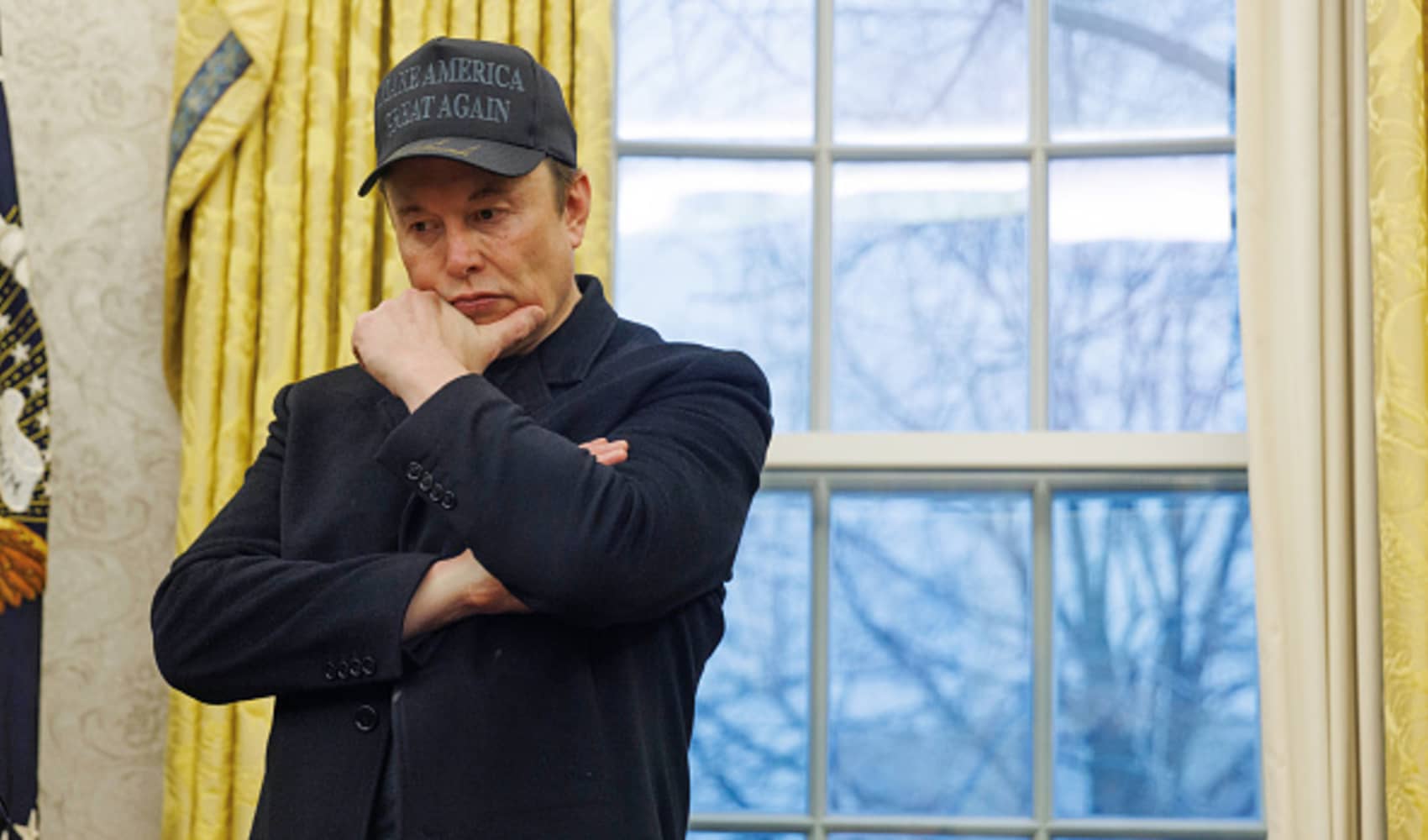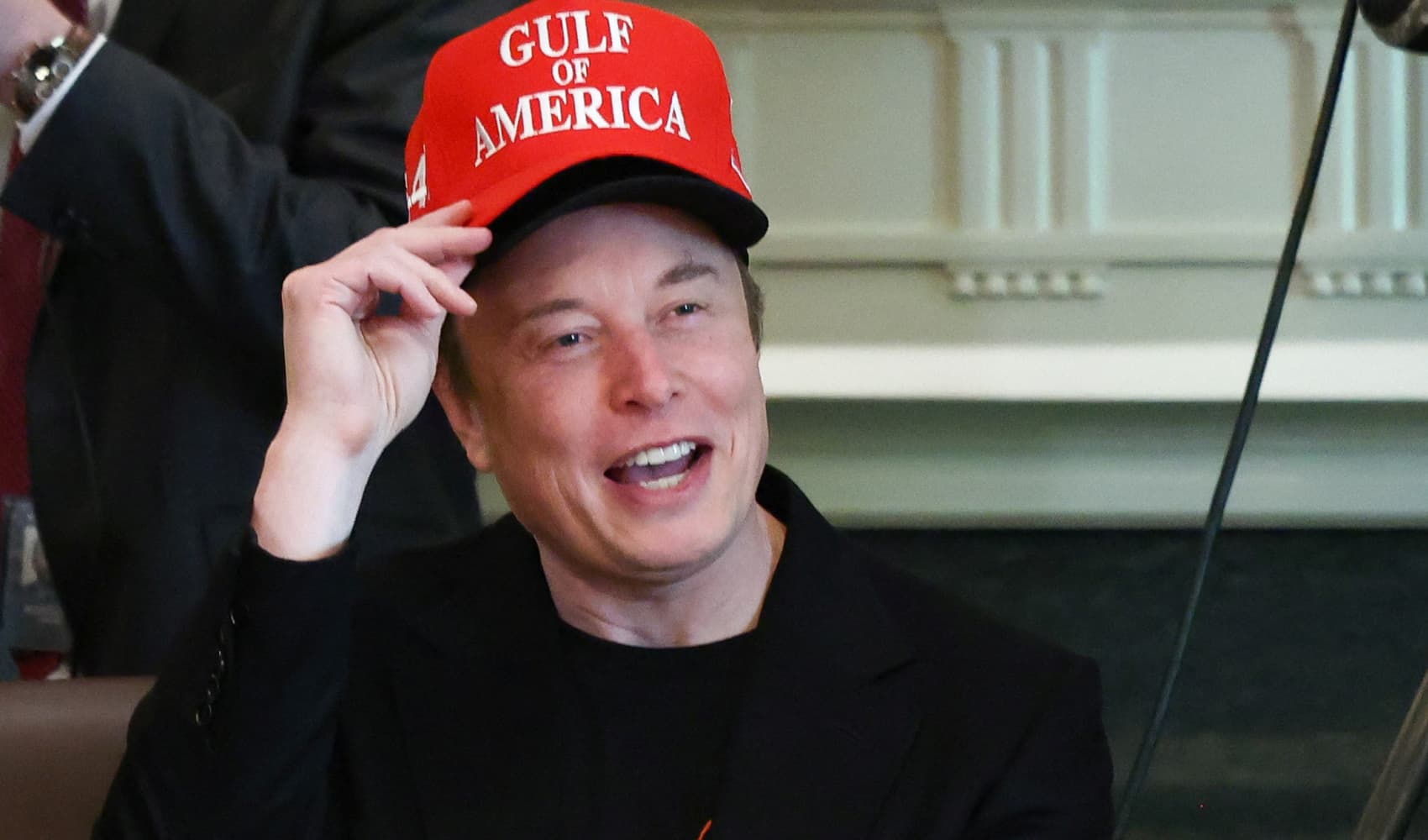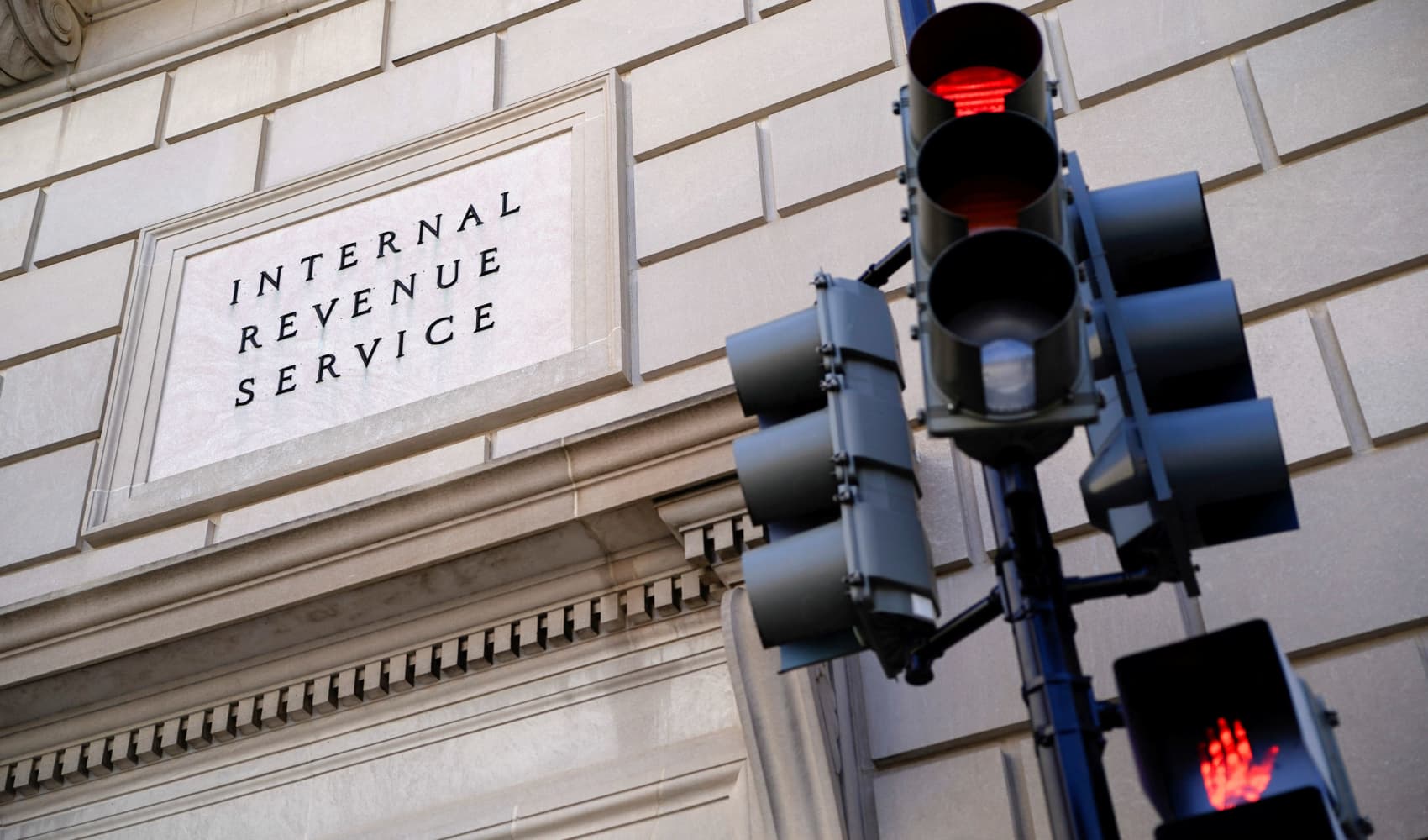Elon Musk Cuts DOGE Time: Tesla Trouble Impact?
Elon Musk to Scale Back DOGE Involvement: What This Means for Tesla & Crypto
Introduction: A Shift in Focus?
Elon Musk, the enigmatic CEO of Tesla and a prominent figure in the world of cryptocurrency, has announced that he will be significantly reducing his time spent on DOGE, starting next month. This revelation, made during Tesla's recent earnings call, raises several questions about the future of DOGE, Tesla's performance, and Musk's broader involvement in various ventures. Is this a strategic retreat, a necessary course correction, or something else entirely? Let's dive in.
Tesla's Troubles: A Tumbling Stock
Before delving into the DOGE implications, it's crucial to acknowledge the elephant in the room: Tesla's stock performance. The company's stock has plummeted by over 40% this year, a stark contrast to the soaring valuations it enjoyed in previous years. This decline reflects a confluence of factors, including increased competition in the electric vehicle market, supply chain disruptions, and perhaps even investor sentiment shifting regarding Musk's diverse portfolio of interests.
Earnings Miss and Revenue Decline
Adding fuel to the fire, Tesla reported an earnings and sales miss in the recent quarter. Auto revenue, a key indicator of the company's health, dropped by 20% compared to the same period last year. This decline suggests that Tesla is facing significant headwinds, potentially influencing Musk's decision to re-prioritize his time and efforts.
DOGE and Political Involvement: An Unexpected Connection
Musk's statement about reducing his DOGE involvement was surprisingly intertwined with his references to supporting something along the lines of "President Trump's so-called Department of Government Efficiency". This unexpected connection raises eyebrows and suggests a deeper level of political engagement than previously understood.
Musk's Political Donations and Influence
The text mentions that Musk spent nearly $300 million in the 2024 campaign to help return Trump to the White House. This level of financial commitment highlights Musk's significant investment in shaping the political landscape. It remains to be seen how this investment will translate into tangible influence and policy changes.
What Does "Significantly Less" Mean?
The phrase "significantly less" is subjective, but it suggests a substantial reduction in Musk's engagement with DOGE. Will he be stepping back from active development, reducing his social media commentary, or simply delegating more responsibilities? The specifics remain unclear, leaving room for speculation and interpretation.
Potential Implications for DOGE
Musk's involvement has been instrumental in DOGE's popularity. His tweets and endorsements have often triggered price surges and fueled community enthusiasm. A reduced presence could potentially lead to decreased volatility, a more stable (or potentially less exciting) price trajectory, and a shift in community dynamics.
Tesla's Priorities: Back to the Core Business?
With Tesla facing mounting challenges, it's reasonable to assume that Musk is refocusing his attention on the company's core business. Addressing the declining stock price, improving production efficiency, and navigating the increasingly competitive EV market likely require his undivided attention.
Strategic Re-prioritization
Perhaps Musk recognizes that his time is a finite resource and that he needs to allocate it strategically to address the most pressing issues. Stepping back from DOGE could be a calculated move to demonstrate his commitment to Tesla and reassure investors.
The Future of DOGE: Beyond Musk's Influence
While Musk's influence on DOGE is undeniable, the cryptocurrency's long-term success ultimately depends on its underlying technology, community support, and real-world applications. Can DOGE thrive without Musk's constant endorsements? That remains to be seen.
Community Resilience and Development
The DOGE community has proven to be resilient and resourceful. It's possible that a shift away from Musk's direct involvement could empower the community to take greater ownership of the project and drive its development in new and innovative directions.
Investor Sentiment: A Nervous Reaction?
The news of Musk reducing his DOGE involvement could trigger a range of reactions from investors. Some may view it as a positive sign, indicating that Musk is prioritizing Tesla's recovery. Others may worry that it signals a loss of interest in the cryptocurrency market and a potential decline in DOGE's value.
Market Volatility and Speculation
Expect some initial market volatility as investors digest the news and adjust their positions. Speculation will likely run rampant as analysts and commentators attempt to decipher Musk's motivations and predict the future of DOGE.
Musk's Legacy: Beyond Tesla and DOGE
Elon Musk has become a cultural icon, known for his ambitious visions and disruptive innovations. His legacy extends far beyond Tesla and DOGE, encompassing ventures like SpaceX, Neuralink, and The Boring Company. How will his various projects intertwine and shape the future?
A Multifaceted Entrepreneur
Musk's entrepreneurial spirit and relentless pursuit of innovation have inspired countless individuals. While his decisions may sometimes be controversial, his impact on technology and society is undeniable.
Potential for Misinterpretation
Statements like these are always subject to misinterpretation and speculation. The media can easily amplify and sensationalize any news related to Musk, further fueling market volatility and uncertainty. Therefore, it is important to consider the context of the statements, and to wait and see what actions are taken.
Looking at the Big Picture
Before jumping to conclusions, it is important to consider the big picture: how all of Musk's ventures will evolve and influence each other. A strategic pullback from DOGE does not necessarily signal the end of his involvement in cryptocurrency or Tesla's innovation. It may simply be a recalibration to better allocate resources.
Conclusion: Navigating Uncertainty
Elon Musk's announcement to reduce his time spent on DOGE introduces a degree of uncertainty into the cryptocurrency's future. While the implications for Tesla, DOGE, and Musk's broader portfolio remain to be seen, one thing is clear: the situation warrants close monitoring. Key takeaways include:
- Tesla's stock is under pressure, potentially driving Musk's re-prioritization.
- DOGE's future hinges on its ability to thrive independently of Musk's direct involvement.
- Investor sentiment will play a crucial role in shaping DOGE's trajectory.
Frequently Asked Questions
Q: What exactly does "significantly less" mean in terms of Musk's DOGE involvement?
A: The exact meaning is unclear. It could involve reducing his social media activity related to DOGE, delegating responsibilities within the DOGE development community, or focusing his efforts on other ventures. The specific actions will need to be observed over time.
Q: How will Tesla's stock performance affect DOGE's value?
A: Indirectly. If Tesla's stock continues to decline, it could lead to increased investor nervousness and a general flight from riskier assets like cryptocurrencies, including DOGE. However, DOGE's value is primarily determined by its own supply, demand, and community support.
Q: Can DOGE survive without Musk's constant endorsements?
A: Yes, it's possible. DOGE has a strong community and a unique brand identity. If the community can take ownership of the project and drive its development, DOGE could thrive independently of Musk's direct involvement. However, it will require sustained effort and innovation.
Q: What other factors, besides Musk's involvement, could impact DOGE's future?
A: Several factors could play a role, including the overall health of the cryptocurrency market, regulatory developments, technological advancements, and the adoption of DOGE by merchants and businesses. Real-world utility is crucial for long-term sustainability.
Q: How can I, as a DOGE investor, navigate this period of uncertainty?
A: Diversify your portfolio, conduct thorough research, and avoid making impulsive decisions based on short-term market fluctuations. Stay informed about the latest news and developments in the cryptocurrency space, and be prepared for potential volatility.


